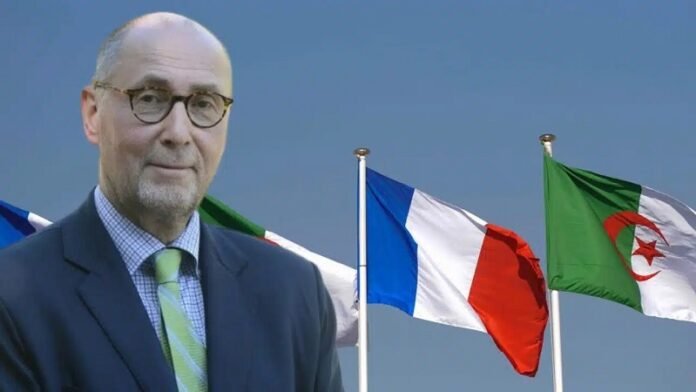France’s Support for Moroccan Sovereignty over the Sahara: Strategic Impact and Future Implications
In recent statements, former French Ambassador to Algeria, Xavier Driencourt, discussed the impact of Paris’s support for Moroccan sovereignty over the Sahara and how this stance could have a “domino effect” across Europe.
Paris’s Stance: Strategic Assessment and Diplomatic Considerations
Driencourt explained that President Emmanuel Macron’s support for Moroccan sovereignty over the Sahara was not surprising. This decision came after notable developments, including a visit by French Foreign Minister Jean-Yves Le Drian in February, which gave momentum to the French position. According to Driencourt, Paris struggled to balance its interests with both Algeria and Morocco, affecting bilateral relations with Morocco. After weighing the benefits and drawbacks, France decided that supporting Morocco outweighed the challenges associated with its dispute with Algeria. This shift is expected to benefit France by enhancing economic opportunities, particularly with French investments in Moroccan Sahara and the upcoming 2030 World Cup.
The “Domino Effect” in Europe: France as a Catalyst
Driencourt believes that France’s position could trigger a “domino effect” among other European countries. With Paris taking this stance, other European nations may be emboldened to adopt similar positions, leading to broader support for Morocco and isolating Algeria on the international stage. This development is a significant concern for Algeria, which fears losing support from its European allies.
Investment Opportunities and Influence in Africa
Driencourt added that France’s support for Morocco would open new opportunities for French companies in Morocco, where investments in the Sahara had been limited due to the conflict. This includes major potential projects in preparation for the 2030 World Cup, where increased French-Moroccan cooperation is anticipated. Regarding influence in Africa, he noted that strengthening ties with Morocco could have strategic implications as Morocco and Algeria compete for influence in the continent. Paris could play a crucial role in reshaping the balance of power, especially with Morocco’s new focus on the Atlantic front of the continent.
Conclusion: Reconciliation as a Key Goal
Driencourt highlighted that the ultimate aim of France’s position is to achieve reconciliation with Morocco. He emphasized that Paris understands there are limited ways to reconcile with Rabat and that its support for Moroccan sovereignty over the Sahara is a significant step in this direction. Ultimately, France’s stance reflects a strategic shift that could profoundly impact European and African politics, enhancing Morocco’s position in the regional dispute while putting Algeria on the defensive.


